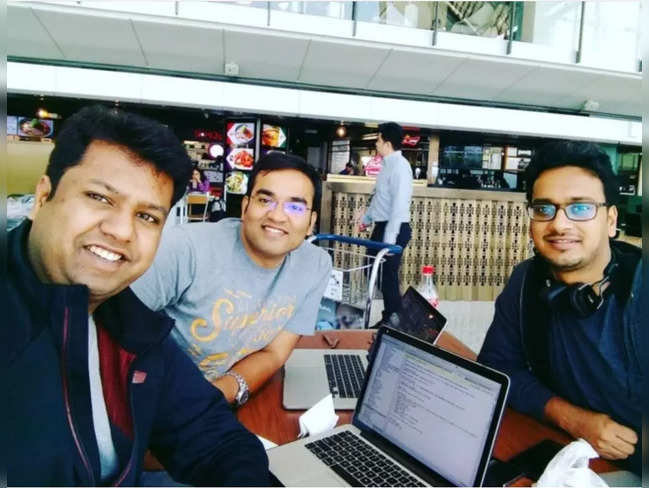 ETtech
ETtech“The deal is likely to be completed soon and could be made official later this month,” one of the people cited above said.
Once the latest round formally closes, it will be the third fundraise for the company this year. Sequoia Capital India is among its early backers.
In August, crypto exchange CoinDCX raised funds from B Capital and others and became the first Indian crypto unicorn, ET reported.
a16z is one of the largest venture funds globally with over $19.2 billion in assets under management across multiple funds. This includes a $1.4 billion biotech and healthcare fund, a $3.1 billion crypto fund, and a cultural leadership fund. It has invested in major US startups like AirBnB, Affirm, and Lyft which have gone public, besides backing Coinbase, a cryptocurrency exchange in the US.
Discover the stories of your interest

a16z did not respond to ET’s email query, while CoinSwitch Kuber cofounder Ashish Singhal did not respond to ET’s calls and text messages. A company representative declined to comment.
CoinSwitch Kuber has been growing at an aggressive pace on the back of a crypto bull run and heightened retail investor interest. Since April, the exchange has more than doubled its user base to 10 million as of September from 4.5 million users. It is currently the largest crypto platform, followed by Binance-owned WazirX that has over 7.5 million users. The company is also on a marketing overdrive in India to get more users to sign up on its platform. A majority of its user base is in the 18-25 age group, Singhal had told ET in April.
CoinSwitch Kuber was founded in 2017 by Singhal, Govind Soni and Vimal Sagar Tiwari as a global aggregator of cryptocurrency exchanges. The company launched its India-exclusive crypto platform, CoinSwitch Kuber, in June 2020. Since then, it has clocked an 1,800% jump in user sign ups, according to data the company shared with ET in June.
Its latest fundraise coincides with the sector facing continued policy and regulatory flux.
“What’s interesting (about the funding) is the huge investor bullishness despite the policy uncertainty,” another person aware of the matter added.
International investors have been doubling down their investments in crypto exchanges in India since these businesses are highly profitable and the upside of backing an exchange is immense despite the uncertain regulatory environment, experts told ET.
Earlier this year, US-based crypto exchange Coinbase listed on the Nasdaq and set the stage for crypto exchanges generating massive exits for investors.
















 Get Unlimited Access to The Economic Times
Get Unlimited Access to The Economic Times
